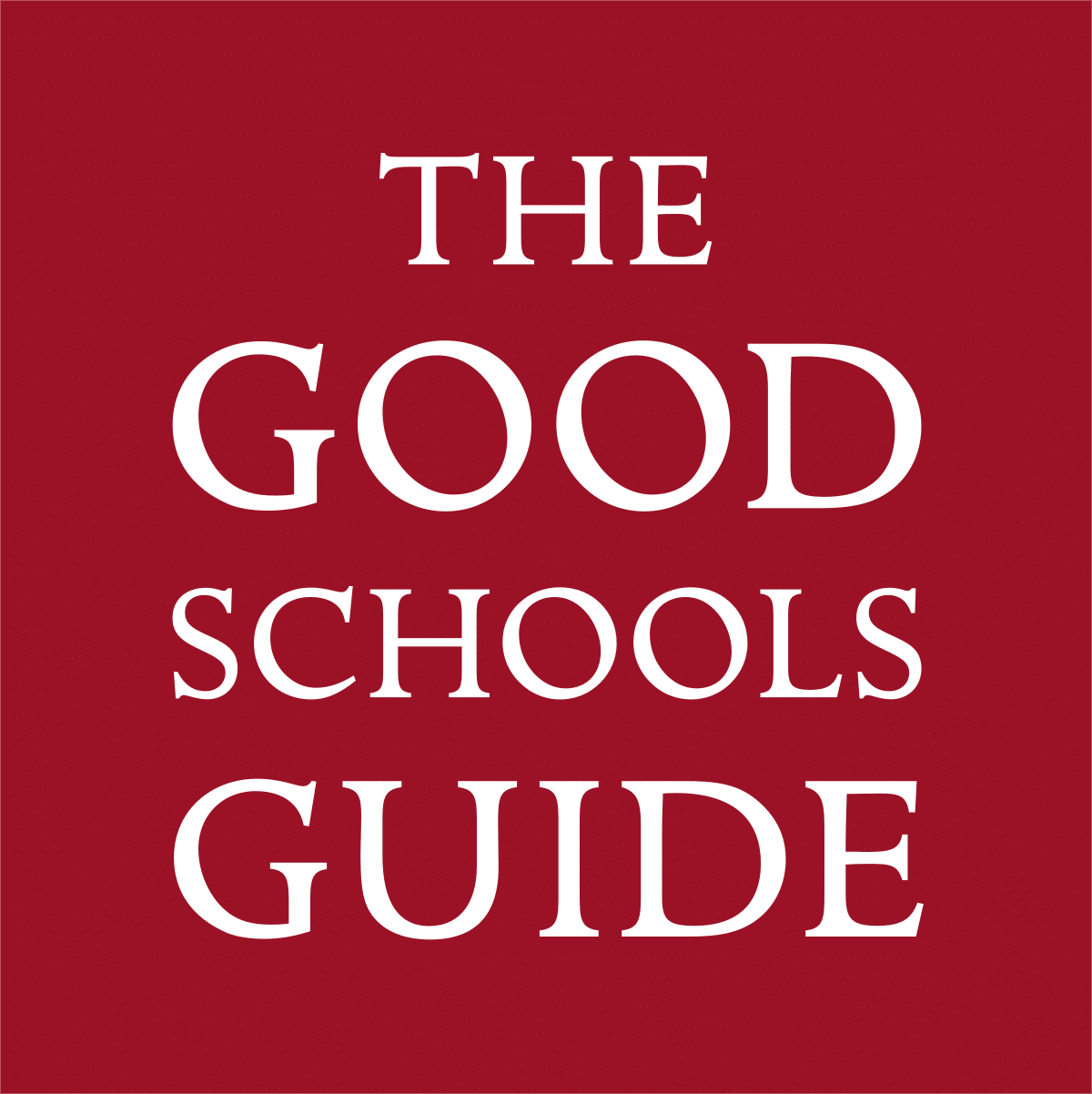A Level in Classical Civilisation has been designed to provide pupils with a broad, coherent and rewarding study of the literature and culture of the classical world. It offers pupils the opportunity to study elements of the literature, visual/material culture and thought of the classical world, and acquire an understanding of their social, historical and cultural contexts.
There is no requirement to have read Classics at GCSE to undertake the A Level program. This program is well suited to pupils who have an interest in History, Politics, R.S, English, Sociology and Drama, and covers a breadth of topics which will fascinate any enquiring young mind.
Lower Sixth
Component 11: The Odyssey.
A study of western literature’s first works. The adventures of Odysseus are very well known: the Cyclops, Circe the Witch, Calypso. In lessons, pupils will learn about the context of the composition of the poem and consider the social and ethical themes which are apparent. There are questions which each generation asks itself: what is honourable? what is virtuous? what makes a life worth living? In reading the Odyssey pupils get to consider the answers an ancient Greek society suggested to these questions as well as considering their own answers to them.
Component 12: Greek Theatre.
A study of the art form invented by the Greeks which has shaped western culture. Pupils learn about the physical aspects of Greek drama by examining material remains of theatres themselves as well as vase paintings which depict performances. Pupils read three plays: two tragedies, Bacchae and Oedipus Rex, and a comedy, Frogs. The texts are studied in translation. They consider the role of drama in Fifth Century Athens, a society which invented democracy and saw theatre as an integral part of it. The course explores a range of societal and ethical beliefs while continually learning to analyse and assess the society through literature and drama.
Upper Sixth
Component 34: Politics of the Late Republic.
The Late Roman Republic was a period of upheaval and conflicting views on how the Roman state should function. These conflicts eventually led to the downfall of the Republican res publica (state) and the rise of the Roman Emperors. In this component learners will study the political thought of the period from Sulla’s retirement in 79 BC to the death of Cicero in 43 BC, through examining Marcus Porcius Cato (‘Cato the Younger’), Gaius Julius Caesar, and Marcus Tullius Cicero. The exploration of the very different ideas of three contemporary political figures brings this tumultuous period to life for learners and moves beyond simply studying ideals and abstracts, and into discussion of the practical difficulties familiar to states throughout history. By examining their distinctive attitudes, political beliefs, conduct, and impact, learners will explore the ways in which the later Republican res publica (state) developed, changed, and ultimately fell.
Component 11: The Aeneid.
In addition to the Greek work of Homer’s Odyssey, pupils read the Roman epic the Aeneid. The consideration of the Roman view of heroism is contrasted with that found in the Odyssey. Pupils also consider creative imitation as they compare the Roman work with its predecessor, by which it is inspired. The Aeneid is one of the finest pieces of Roman literature and has fascinated classicists for generations, we discover the foundations of the Roman race, while evaluating the socio political context of Ancient Rome. This module encourages pupils to understand the values of literature and the ability to critically respond to questions.
Examination Board: OCR
Specification: H408
Mr C. Carroll – Head of Classics
SIXTH FORM








